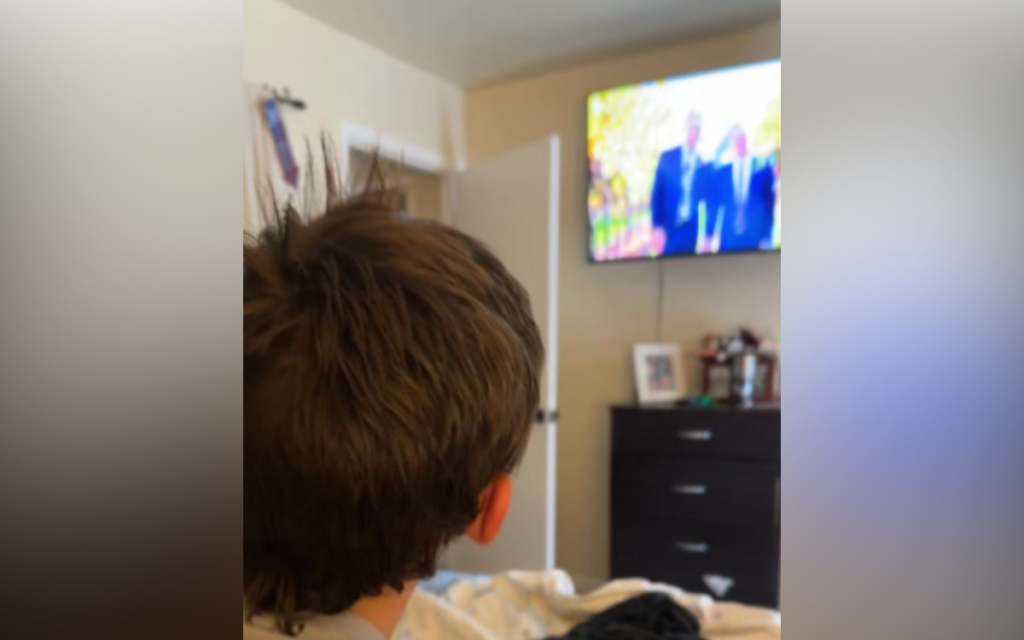The inherent tension between truth and tact, particularly concerning children’s unfiltered honesty, often leads to humorous, if occasionally awkward, social situations. Children, in their developmental stages, are encouraged to value truthfulness, often leading to blunt expressions that can be perceived as rude or insensitive by adults accustomed to the social niceties of veiled truths and polite prevarications. This societal expectation of tempered honesty highlights the complex navigation of social dynamics and the delicate balance between sincerity and courtesy. The incident involving Charlie Tietzer and his son, Tristen, exemplifies this struggle, showcasing a child’s innocent yet brutally honest observation colliding with the adult world of implied compliments and unspoken sensitivities.
A 2022 study published in the Journal of Moral Education explores the societal judgment young children face when their honesty lacks the nuance expected by adults. The study presented participants with videos of children telling either prosocial lies or hurtful truths, varying in directness and politeness. The results revealed a clear bias against children who delivered blunt truths, even when those truths were not inherently malicious. This finding underscores the social pressure on children to conform to societal expectations of politeness, even at the expense of complete honesty. While honesty remains a valued trait, children are implicitly taught to modulate their expression of truth to avoid causing offense or discomfort, a skill that develops gradually throughout childhood and adolescence.
Learning to navigate the social landscape of tact and diplomacy is an integral part of a child’s development. While often framed as deceptive, the ability to tell “white lies” or to soften harsh truths serves a crucial social function, enabling smoother interactions and preventing unnecessary conflict. This developmental process often involves humorous missteps, as children experiment with the boundaries of honesty and politeness. For parents, the ability to appreciate the humor in these situations, rather than solely focusing on the perceived rudeness, is invaluable. Humor allows for a gentler approach to teaching children the nuances of social interaction, transforming potentially awkward moments into opportunities for learning and connection.
Charlie Tietzer’s experience with his son, Tristen, perfectly illustrates this dynamic. Celebrating their tenth wedding anniversary, Tietzer shared his wedding video with Tristen, hoping to capture a heartwarming moment of shared nostalgia. Instead, Tristen, with characteristic bluntness, observed that his father looked “so young…and not that fat” in the video. While potentially embarrassing, Tietzer chose to embrace the humor in his son’s unintended critique. This response not only diffused any potential awkwardness but also highlighted the inherent innocence behind Tristen’s observation. Children, often lacking the filters adults develop over time, tend to express their thoughts directly, without considering the potential implications or interpretations of their words.
Tietzer’s decision to share the video on TikTok resonated with many viewers who recognized the familiar experience of children’s unfiltered commentary. The video quickly garnered widespread attention, amassing nearly 100,000 views and sparking a wave of relatable comments. This viral response underscores the universality of the situation, demonstrating that many parents have encountered similar instances of children’s well-intentioned yet awkwardly phrased observations. The shared laughter and empathetic comments created a sense of community, reassuring parents that such moments, while sometimes embarrassing, are a normal part of raising children.
The anecdote of Tietzer and his son offers a valuable lesson in parenting: the importance of finding humor in the imperfections of childhood. Children are constantly learning and evolving, their social skills developing through trial and error, often resulting in humorous missteps. Embracing these moments with laughter and understanding, instead of reacting with frustration or embarrassment, fosters a positive and encouraging environment for children to learn the complexities of social interaction. Tietzer, by sharing this experience, reminds us that children’s honesty, though sometimes blunt, often stems from a place of innocence and can provide a refreshing perspective on the adult world’s often-overlooked truths. Ultimately, these moments of unintended humor become cherished memories, reminding us of the joys and challenges of raising children and navigating the ever-evolving landscape of human connection.










